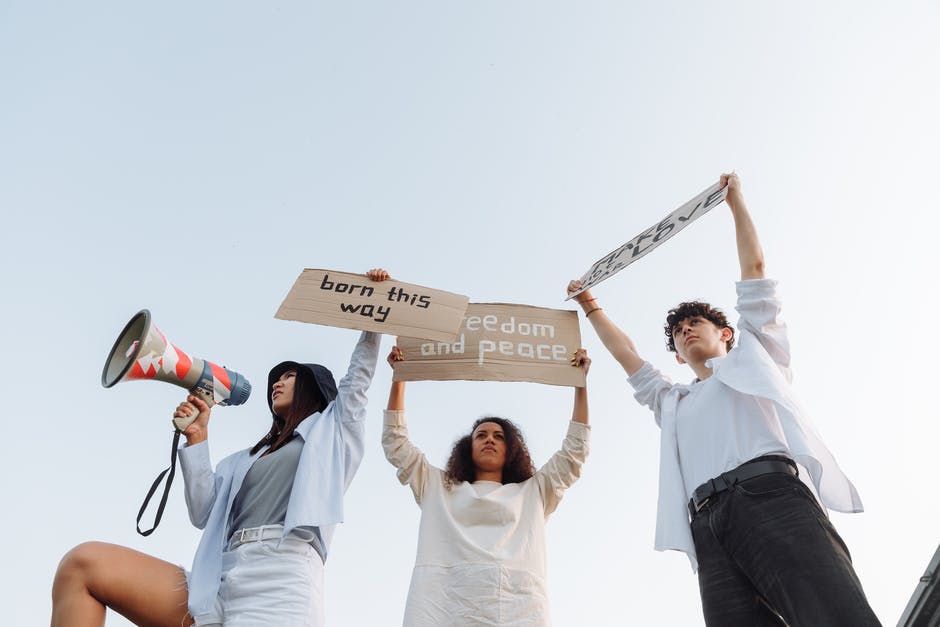The nation of Canada, despite being a vast land celebrating great diversity in its religious traditions and practices, has generally enjoyed a sense of harmony in the midst of these differences. However, a series of shocking discoveries that came to light in the summer of this year have left the people in a state of distrust, uncertain of their spiritual leaders and the direction of their faith.
Canada as a whole takes great pride in its multiculturalism, maintaining strong cultural influences from both its indigenous people groups and also its many distinct immigrant cultures who each retain their unique history and identity. Although acknowledging wrongs that may have been committed against the indigenous peoples in the nation’s past, in modern times this has been reconciled to an appreciation and encouragement of native traditions, practices, and spirituality.
Intertwined with this cultural background are the nation’s religious preferences. Although Canada houses a wide variety of religions among its citizens, the majority of about two thirds identify as some form of Christianity, with the most popular creed being Roman Catholicism at approximately 39% of the entire population as its adherents. It is chiefly among the nation’s Catholic churches that this case of spiritual tension has broken out in recent months as the nation uncovered the dark result of seeds of hostility sown throughout the past century.
For a time period spanning approximately the beginning of the 20th century to the early 1970s, there existed over 100 indigenous residential schools instituted and operated primarily by the Catholic Church. The alleged purpose of these schools was to acclimate the indigenous peoples to the immigrant Canadian culture and religion. Unfortunately, the reality of what transpired in these schools has since proved much darker.
For decades, indigenous children were taken from their families and subjected to aggressive indoctrination, even being physically punished for speaking their native languages, in addition to various even worse forms of abuse. These events were largely swept under the rug and not uncovered until this summer’s discoveries brought their history under strong scrutiny and investigation.
What shocked and revolted the nation was the discovery of the remains of over 1,000 indigenous children who had been haphazardly buried in unmarked graves at the sites of several of the most prominent of these schools in the country. Professional investigations of these remains concluded that there was apparently some form of a genocide of indigenous children performed by the Catholic schools.
Naturally, the unveiling of such an atrocity shook the foundations of not just the indigenous peoples’ trust in their country, but also the many Catholic adherents’ trust in their own organization. In outbursts of rage and retaliation following this news, many Catholic churches were even targeted for arson and some burned to the ground. The people were left disoriented, seeking explanations, apologies, and reconciliations, looking ultimately to the head of their organization Pope Francis himself for an answer.
Since these events have begun to unfold, the pope has acknowledged and expressed his condolences in regards to the depravity of the situation, but the people of Canada demand a more extensive dialogue. A Canadian indigenous delegation had been scheduled to meet with the pope at the Vatican from December 17-20. However, due to rising health and safety concerns in the midst of the COVID-19 pandemic, the meeting has been postponed to a yet undetermined date. The pope has emphasized his willingness to continue the dialogue and perhaps even visit Canada in person, but until a resolution can be found, the nation’s state of religious unrest remains.

